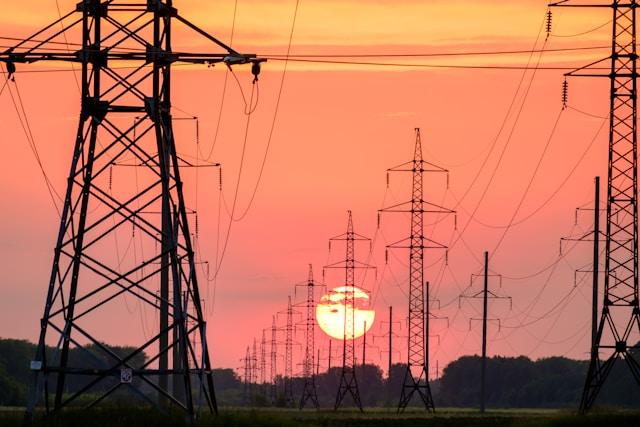Comments
- No comments found

Power outages can disrupt business operations, leading to lost revenue and decreased productivity.
Preparing your business for such events ensures continuity and minimizes the impact on your operations.
The first step in preparing for power outages is understanding your power generation needs. Determine the critical equipment and systems that must remain operational during an outage. This includes computers, servers, security systems, lighting, and essential machinery.
Consider the differences between an inverter generator vs traditional generator. Inverter generators provide cleaner, more stable power, making them ideal for sensitive electronics. Traditional generators are typically more powerful but may not be suitable for all equipment. Assess your needs to choose the right type of generator for your business.
Developing a comprehensive power outage plan is essential. This plan should outline the steps to take before, during, and after an outage. Assign roles and responsibilities to employees to ensure a coordinated response.
The plan should include procedures for safely shutting down equipment, switching to backup power, and communicating with staff and customers. Regularly review and update the plan to account for new equipment or changes in operations. Conducting periodic drills can help ensure everyone knows their role during an outage.

Effective communication is critical during a power outage. Ensure you have multiple ways to communicate with employees, customers, and suppliers. This may include landlines, mobile phones, two-way radios, or satellite phones.
Establish a communication protocol that includes notifying key personnel, updating customers about service interruptions, and coordinating with utility providers. Clear communication helps manage expectations and ensures a swift response to the outage.
Power outages can pose a risk to your data and equipment. Protecting these assets is essential for business continuity. Regularly back up your data to an off-site location or cloud storage. Ensure that backup systems are functioning correctly and that data is encrypted for security.
For physical protection, use surge protectors to safeguard against power surges when electricity is restored. Implementing regular maintenance and inspection of equipment can also help identify vulnerabilities and prevent damage during an outage.
Maintaining business operations during an outage requires careful planning. Identify which aspects of your business can continue with limited power and which require full power. For example, customer service can often be managed with mobile devices, while manufacturing processes may need uninterrupted power.
Consider alternative working arrangements, such as remote work or relocating to a different site. Having contingency plans in place ensures that essential functions can continue, even if power is disrupted at your primary location.
After experiencing a power outage, conduct a thorough review to identify areas for improvement. Gather feedback from employees and customers to understand what worked well and what needs adjustment. Use this information to refine your power outage plan and enhance your preparedness.
Preparing your business for power outages is an ongoing process that requires attention to detail and proactive planning. Stay ahead of the curve by continuously reviewing and improving your strategies, and your business will be well-equipped to handle any power outages that come your way.
Leave your comments
Post comment as a guest